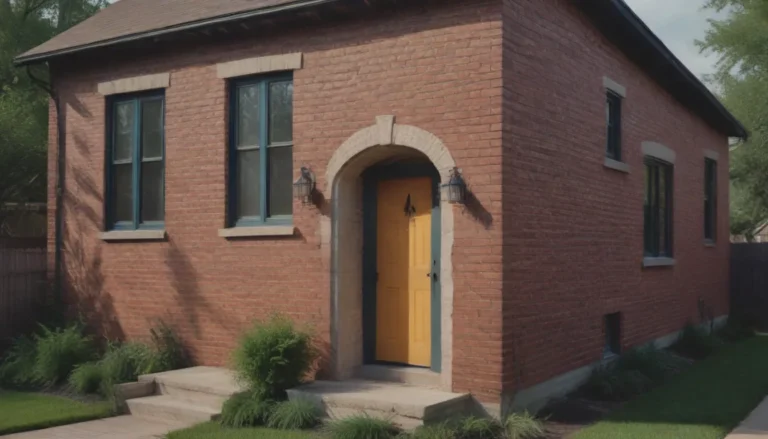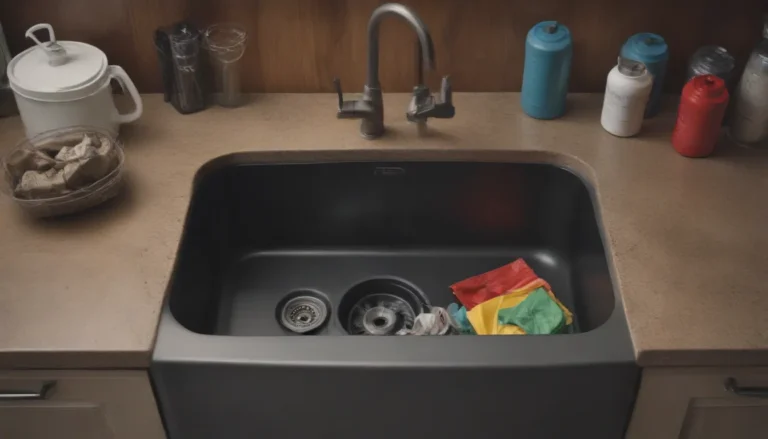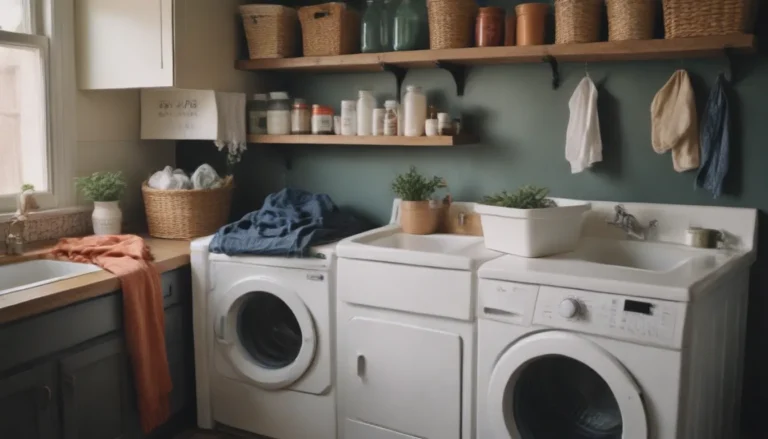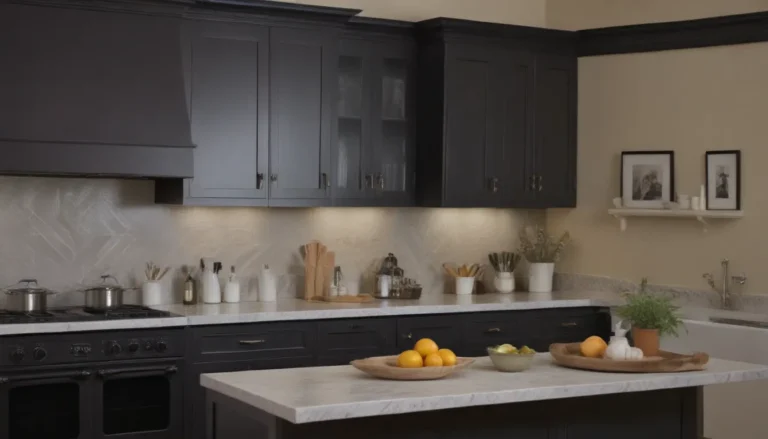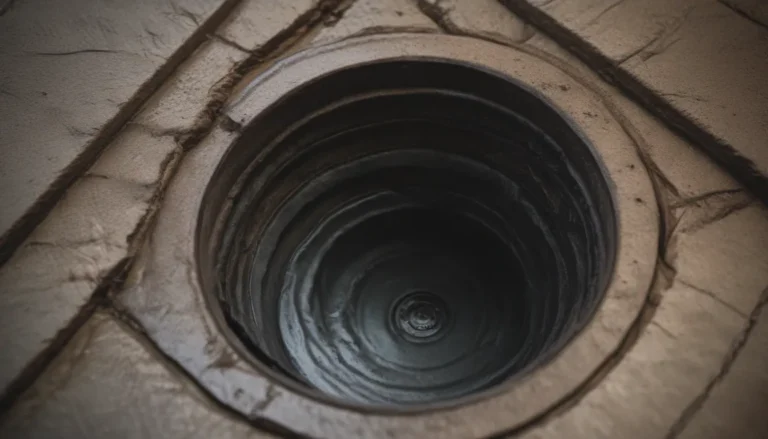The Ultimate Guide to Brick Flooring: Everything You Need to Know
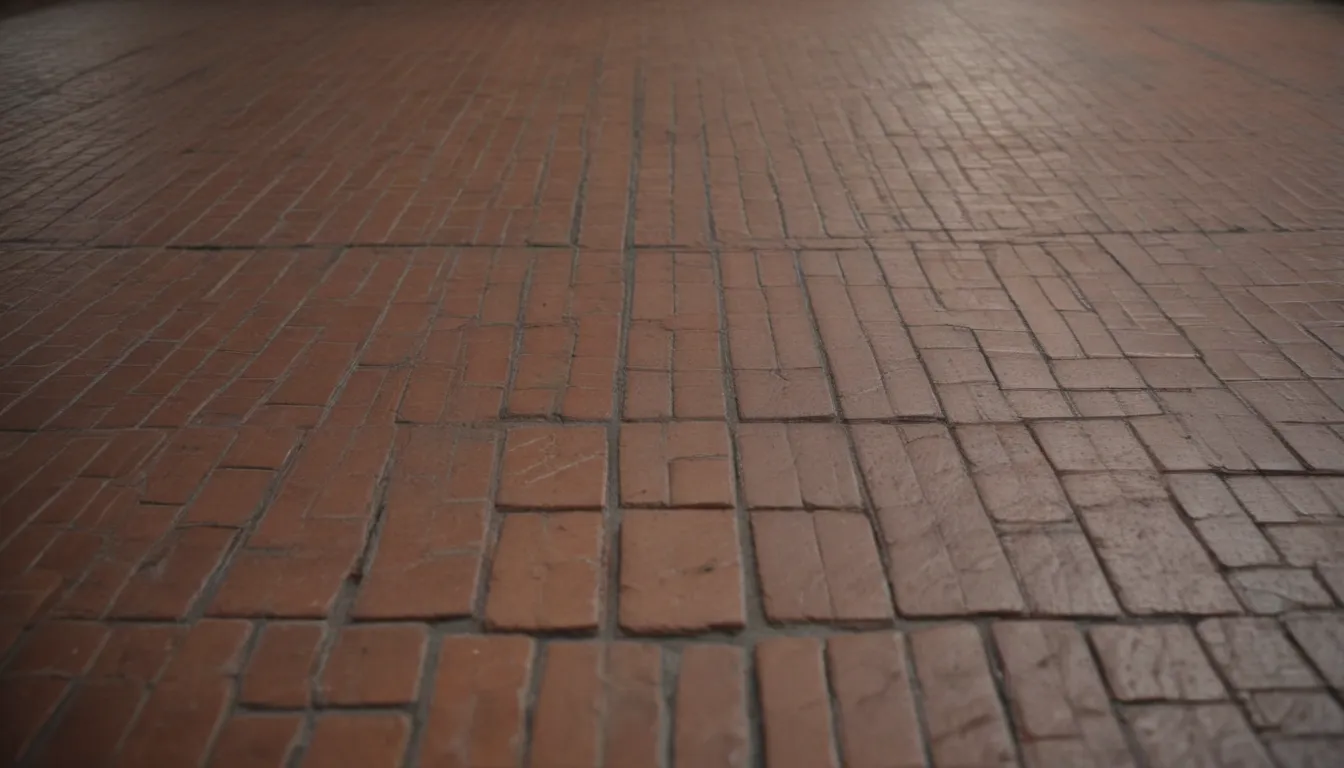
Brick flooring has been around for centuries, offering a timeless and durable option for homeowners seeking a unique and rustic look in their homes. In this comprehensive guide, we will explore the pros and cons of brick flooring, its cost, maintenance and repair, design options, installation process, top brands, comfort and convenience, and how it compares to terra cotta tile.
What is Brick Flooring?
Brick flooring is made from clay pavers that are shaped into rectangular blocks, dried or fired to harden them, and then used to construct floors or pave surfaces. These clay pavers are a combination of different clays, including kaolin, shale, and iron, which give them a fine, dense texture and make them more durable. Brick pavers are thinner than wall bricks, ranging from 1/4 inch to about an inch in thickness.
Pros and Cons of Brick Flooring
Pros:
- Durable and easy to clean
- Non-allergenic
- Fireproof
- Adds drama to any space
- Non-slip surface
- Hard surface
Cons:
- Susceptible to stains
- Requires sealing
- Not suitable for every home design
- Hard surface may not be cozy
Brick Flooring Cost
Brick pavers typically range in cost from $3 to $10 per square foot, depending on the type of material. Installation can add an additional $5 to $10 per square foot, making brick flooring a more affordable option compared to natural stone or ceramic tile.
Maintenance and Repair
Brick flooring is highly durable and can withstand the rigors of a busy household. However, it is susceptible to stains and requires proper sealing to maintain its appearance. There are two types of sealers for brick floors: penetrating sealers that soak into the brick and film-forming sealers that create a protective coating over the surface.
Design
Brick flooring is best suited for rustic home styles, such as cottage or farmhouses, and rooms where an informal look is desired. It adds visual warmth, texture, and color to a space, making it a bold design element. Brick flooring is also noncombustible, making it a good choice for areas near wood stoves or fireplaces.
Brick Flooring Installation
Brick pavers are adhered to a subfloor using thin-set adhesive. While brick flooring is heavy, it can also be installed on wood subfloors with proper reinforcement. The installation process is similar to other forms of tile, and DIYers can tackle this project with the right tools, such as a power wet saw with a diamond blade.
Top Brands of Brick Flooring
Several brands sell interior brick floor tiles, but many clay brick pavers are also manufactured at regional brickyards. Consult with a local brickyard or masonry supply retailer to find the right indoor paving brick for your project.
Comfort and Convenience
While brick flooring is durable, its hardness can be a drawback for some homeowners. It is not as comfortable underfoot as carpet or hardwood, and it can feel cold in the winter. However, it works well with in-floor radiant heat and is suitable for high-traffic areas.
Brick Flooring vs. Terra Cotta Tile
Terra cotta tile is another clay-based flooring option that differs from brick pavers in texture, appearance, and weight. Terra cotta tiles are larger, smoother, and more elegant than brick pavers, making them suitable for use throughout the house. They are also lighter in weight and require similar maintenance as brick pavers.
Is Brick Flooring Right for You?
Brick flooring can be a great choice for homeowners looking for a long-lasting and dramatic flooring option. It is ideal for informal rooms like sunrooms, mudrooms, or laundry areas, and should be installed over a concrete slab or reinforced wood subfloor. Be prepared to seal the floor after installation and maintain the seal coat every few years to ensure its longevity.
In conclusion, brick flooring offers a unique and timeless look that can add character and warmth to any space. While it may not be suitable for every home design, its durability and rustic charm make it a popular choice for many homeowners. Consider the pros and cons, cost, maintenance, design options, and installation process before deciding if brick flooring is the right choice for your home.

